Skier in a tank headset. Vasily Bryukhov
Soviet tank aces. Vasily Pavlovich Bryukhov was born on January 9, 1924 in the Urals in the small city of Osa, which today is part of the Perm Territory, and in those years was part of the Sarapulsky District of the Ural Region. The future tank ace was born in a family of ordinary workers. In 1941, Brukhov graduated from high school. One of the main hobbies in his life was sports, Vasily showed excellent results and shone at city, district and regional ski competitions. No one knows how his life would have happened if the Great Patriotic War had not begun on June 22, 1941, which forever changed the fate of our hero, as well as many millions of his peers.
Pre-war life
Vasily Pavlovich Bryukhov was born in a simple working-class family in the small city of Osa, whose population at that time was about 6 thousand people. The family was large, Vasily had three brothers and five sisters. And he had 66 cousins. All relatives were mostly ordinary workers and artisans. Vasily’s parents worked from morning till night to feed a large family, while they lived very poorly.
How to get out in people? Vasily from childhood learned that for this you need to make a lot of effort. He studied diligently and diligently, after school he attended various circles and sections. Since childhood, I fell in love with sports and everything connected with it. His favorite subjects at school were physical education and military affairs. One of the options after completing the training for Vasily Bryukhov was to enter the naval school, a very young schoolboy liked the formal marine uniform. But fate decreed otherwise, as a result, Brukhov became an excellent tanker.
According to the memoirs of the veteran, despite his small growth (162 centimeters with a weight of 52 kilograms), he was in good order at the school with sports. And in the future, small growth and good physical fitness came in handy in the tank troops, where Bryukhov did not shy away from manual labor, being both the commander of a tank company and the commander of a battalion. Back in school, Vasily managed to arrange the first category in skiing and took part in various competitions. He won school starts, city, district and regional competitions. Also Bryukhov played football, was the captain of the city football team "Spartak".
In the summer of 1941, Vasily Bryukhov graduated from high school. According to his recollections, on June 20 they had a graduation party, and on June 21 they went out of town with a class to an impromptu picnic. Returning home on June 22 yesterday’s schoolchildren received terrible news: the war began. Vasily recalled that many had guessed that there would really be a war, but few of them were afraid of this. In their view, the conflict would last only two to three months. On the same day, all of Vasily’s classmates rushed to the draft board, he recalled that he was afraid that he would not have time to fight. At the same time, they did not take him into the army for several months due to unapproved age. The situation changed only when it became clear to everyone that the hostilities were being drawn out, while in the depths the tragedy of the terrible summer of 1941 was not felt so clearly, and the front was still very far away, although it was getting closer every day.
Failure to meet the front
Vasily Brukhov was drafted into the army only on September 15, 1941. The situation at the front became more and more tragic every day, so the 17-year-old young man, the winner of the regional and regional skiing competitions, finally paid attention. The athlete was enrolled in the forming 1st separate fighter ski battalion of the Ural military district. Here, fighters have undergone the necessary training for more than a month. At the same time, Vasily himself helped many commanders who were not strong in skiing, while he himself could be an instructor and had the necessary knowledge and skills.
The battalion advanced to the front in November 1941. Near Kalinin, the echelon with fighters was raided by the German aviation. Before joining the battle, part suffered serious losses. Vasily Bryukhov was seriously wounded, he woke up already in the hospital, learning that he was wounded in the shoulder and was shell-shocked during an air raid. Our hero never got up on skis at the front. After completing the treatment, a capable young man was sent to study at the Perm Aviation Technical School. But Vasily did not want to become a technician at the airport in the rear, and by hook or by crook managed to achieve transfer to the Stalingrad Tank School in July 1942.
Together with the school, Vasily evacuated to Kurgan when the Germans approached the city on the Volga. Everyone who studied here for at least three months was sent to defend Stalingrad, and the newly arrived replenishment departed to the rear areas of the country. Remembering after the war about combat training (and Vasily Bryukhov lived a long life, died in 2015 at the age of 91), he noted that the training base was weak. According to him, at the school he shot three shells and one machine-gun drive. And the lessons on tactics took place mainly on foot in a tank. Only at the end of the training did a tactical lesson simulate the actions of a tank platoon in the offensive. That's the whole level of training of the young commander. In an interview for the Internet project “I Remember”, the founder of which is Russian writer and public figure Artyom Drabkin, Vasily Bryukhov noted that he assessed the level of training at the school as weak, while emphasizing that the cadets knew the material part of the T-34 medium tank not bad.
After completing his studies, the newly made lieutenant Vasily Bryukhov was certified as a tank platoon commander and in April 1943 arrived in Chelyabinsk, the 6th reserve tank regiment. Here, the tankers needed to get new tanks. In order for the machines to be made faster, the newly made tankers themselves had to get up to the machines and help the workers. In Chelyabinsk, Vasily Bryukhov mastered working on a semi-automatic lathe. On the Voronezh Front, the Bryukhov arrived in the 2nd Tank Corps with his tanks in June 1943 just before the start of the Battle of Kursk.
Front road
The young lieutenant took part in the Battle of Kursk and participated in the battle of Prokhorov. According to his recollections, he had to change two tanks during the day. In the first thirty-four, the shell broke the chassis, repelling the sloth, and the second car was burned after the shell hit the engine-transmission compartment. According to the memoirs of Brukhov, in battle he managed to knock out one Pz III tank and destroy a 75-mm anti-tank gun. Remembering the first battles, he noted that one real tank battle gave more than the entire process of training at the school.
Later, the unit in which Brukhov served was transferred to the 159th Tank Brigade of the 1st Tank Corps. Together with the brigade, the lieutenant took part in the Oryol and Bryansk offensive operations of the Soviet troops. In one of the battles, he received shell shock during reconnaissance in battle, when Brukhov's tank platoon was completely destroyed by the enemy. From October 1943 to February 1944, Vasily Bryukhov served in the 89th and 92nd separate tank brigades, which fought with the Germans as part of the 2nd Baltic Front.
From February 1944 until the end of World War II he fought in the 170th Panzer Brigade, which was part of the 18th Panzer Corps. As part of the corps, he took a direct part in the fighting to liberate the right-bank Ukraine from the invaders, participated in the Iasi-Kishenevskaya, Bucharest-Arad and Debrecen offensive operations, participated in battles in the area of Budapest and Lake Balaton.
For the battles from August 21 to 27, 1944, during the Iasi-Kishenev operation, he was awarded the Order of the Red Banner. The award documents indicated that Lieutenant Vasily Bryukhov showed courage and courage in the liberation of the cities of Husi and Seret (Romania), as well as during the crossing of the Prut River. In battles, he proved himself to be a well-trained officer, skillfully guiding the actions of a platoon. In these battles, he personally destroyed one of the enemy’s self-propelled guns, 4 field guns, 16 different vehicles, and about 20 wagons. Destroyed and captured up to 90 enemy soldiers and officers. In total, according to Brukhov’s recollections, in the battles during the Iasi-Kishenev operation his crew knocked out 9 enemy tanks, including one Panther.
On September 23, 1944, Senior Lieutenant Vasily Bryukhov, who took command of the tank company, made a successful raid on the enemy rear as part of the advance detachment of the 170th Tank Brigade. The squad included 8 tanks, 4 guns and a platoon of machine gunners. The tankers of this detachment were the first at the front to enter the territory of Hungary. On September 24, Brukhov managed to drive out German and Hungarian units from the city of Button in the territory of Hungary with a swift attack. After the liberation, the detachment held the captured city for several hours, awaiting the approach of the main forces of the brigade. During this time, a small detachment managed to repel five enemy counterattacks. In battles in the Battoni area, the Bryukhov crew destroyed 4 enemy tanks, up to 7 field guns, 13 mortars, two bunkers, and also more than 100 enemy soldiers. For the perfect feat was presented to the title of Hero of the Soviet Union, but did not receive the award. The award took place already in December 1995, when Vasily Pavlovich was awarded the title of Hero of the Russian Federation by the presidential decree for the courage and heroism shown during the years of the war with the Nazi invaders.
In 1945, at the final stage of the war, Captain Bryukhov commanded a tank battalion as part of the 170th tank brigade. At the same time, for his participation in the battles of the end of December 1944, he was awarded the Order of Suvorov, 23rd class. The award documents indicated that in the battle on December 1944, 34, the commander of the tank company T-85-8 demonstrated examples of courage, courage and resourcefulness. In the battles for settlements of Vitezi, Verteshbaglar, a company of thirty-four, having no losses, destroyed and put to flight superior enemy forces. In total, the company destroyed 7 tanks, 10 armored personnel carriers, 50 vehicles, and up to 4 enemy soldiers and officers. Personally, Brukhov in this battle wrote down one tank and XNUMX destroyed armored personnel carriers of the enemy at his own expense.
Victory May 1945 Vasily Brukhov met in Austria in the area of the River Ens, near the city of Amstetten. In total, while at the front, according to Brukhov’s calculations, he knocked out and destroyed 28 enemy tanks and self-propelled guns. At the same time, during the same time, the thirty-four in which Brukhov fought were beaten and burned 9 times.
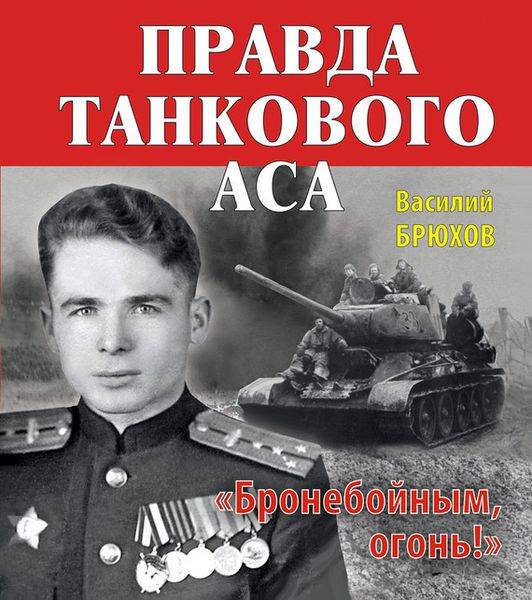
Post-war life of Vasily Bryukhov
After the end of World War II, the commander of the tank battalion Vasily Pavlovich Bryukhov continued his military career. The officer received a full-fledged higher military education, graduating from the Military Academy of Armored and Mechanized Forces (1947-1952). Later Brukhov also graduated from the Military-Political Academy and the Military Academy of the General Staff, as well as Diplomatic courses. Over the years, he held high command posts in various military districts of the USSR, and also managed to go on a business trip abroad, being the chief military adviser to the president of North Yemen. He retired to the reserve in 1985 with the rank of lieutenant general.
Over the years of service he was awarded numerous orders and medals. The title of Hero of the Russian Federation (1995), two orders of the Red Banner, the Order of the Red Star, the Order of Suvorov of the III degree, Order of the Patriotic War of the I degree and other awards, including from foreign countries. After the war, he became an honorary citizen of the city of Osa (Perm Territory). Also, the name of the hero since 2004 has been the local secondary school No. 1.
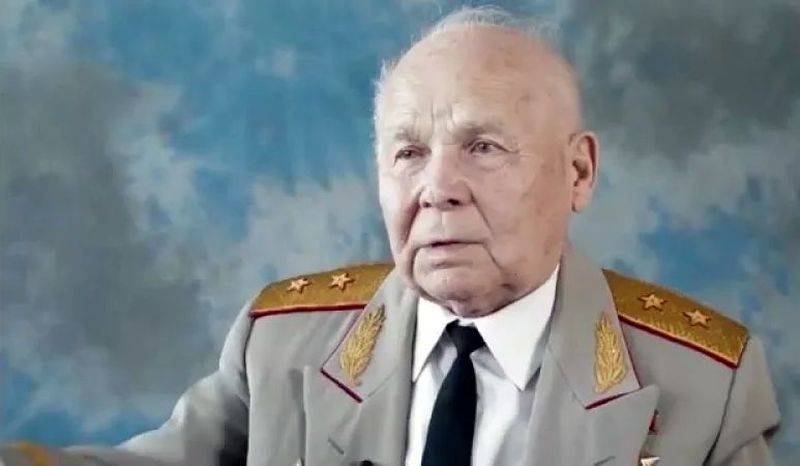
Vasily Pavlovich Bryukhov lived a long life. The veteran died on August 25, 2015 at the age of 91 in Moscow. He was buried at the Federal Memorial Military Cemetery, located in Mytishchi.
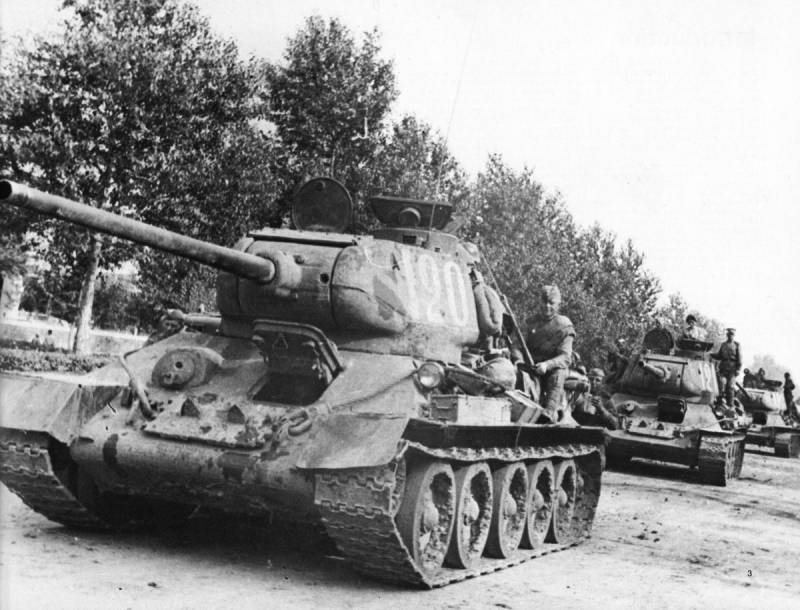
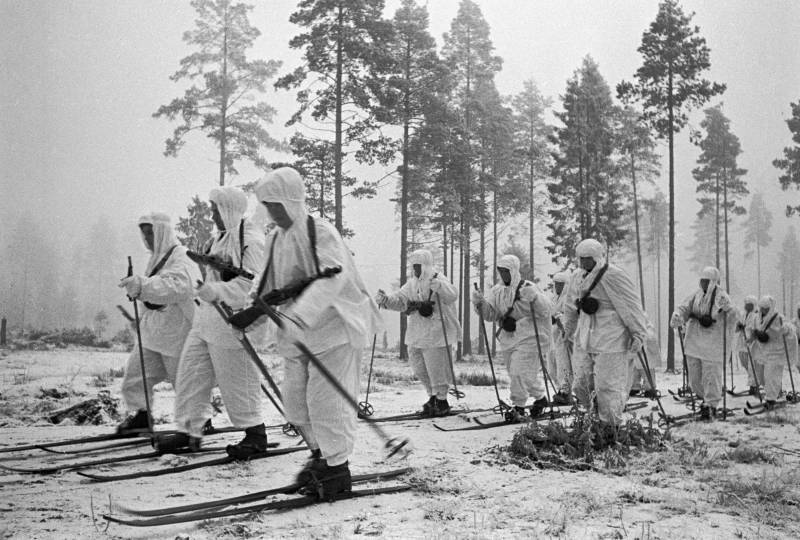
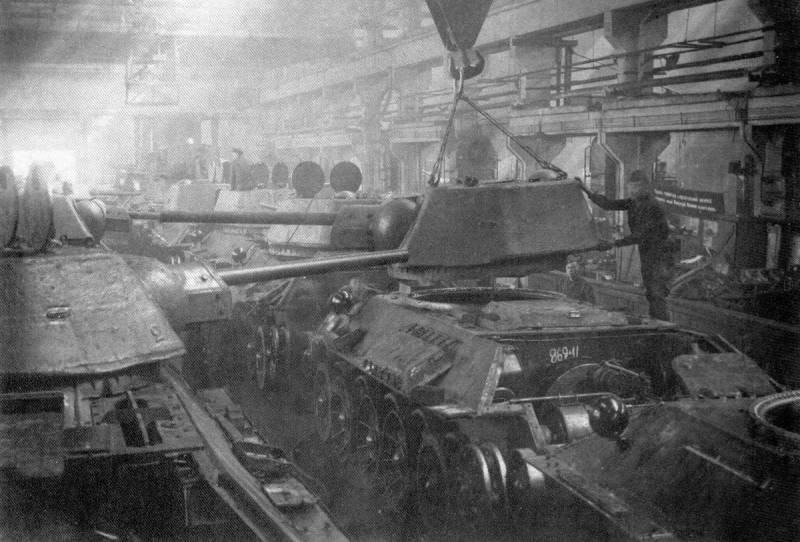
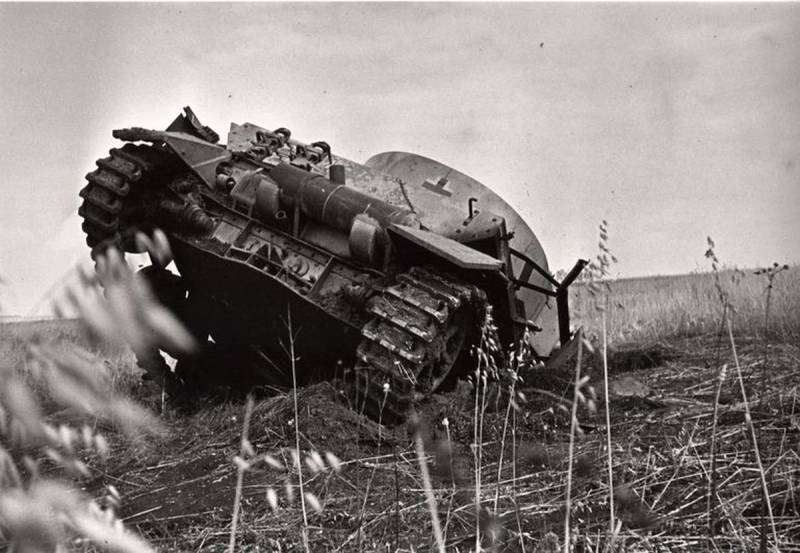
Information